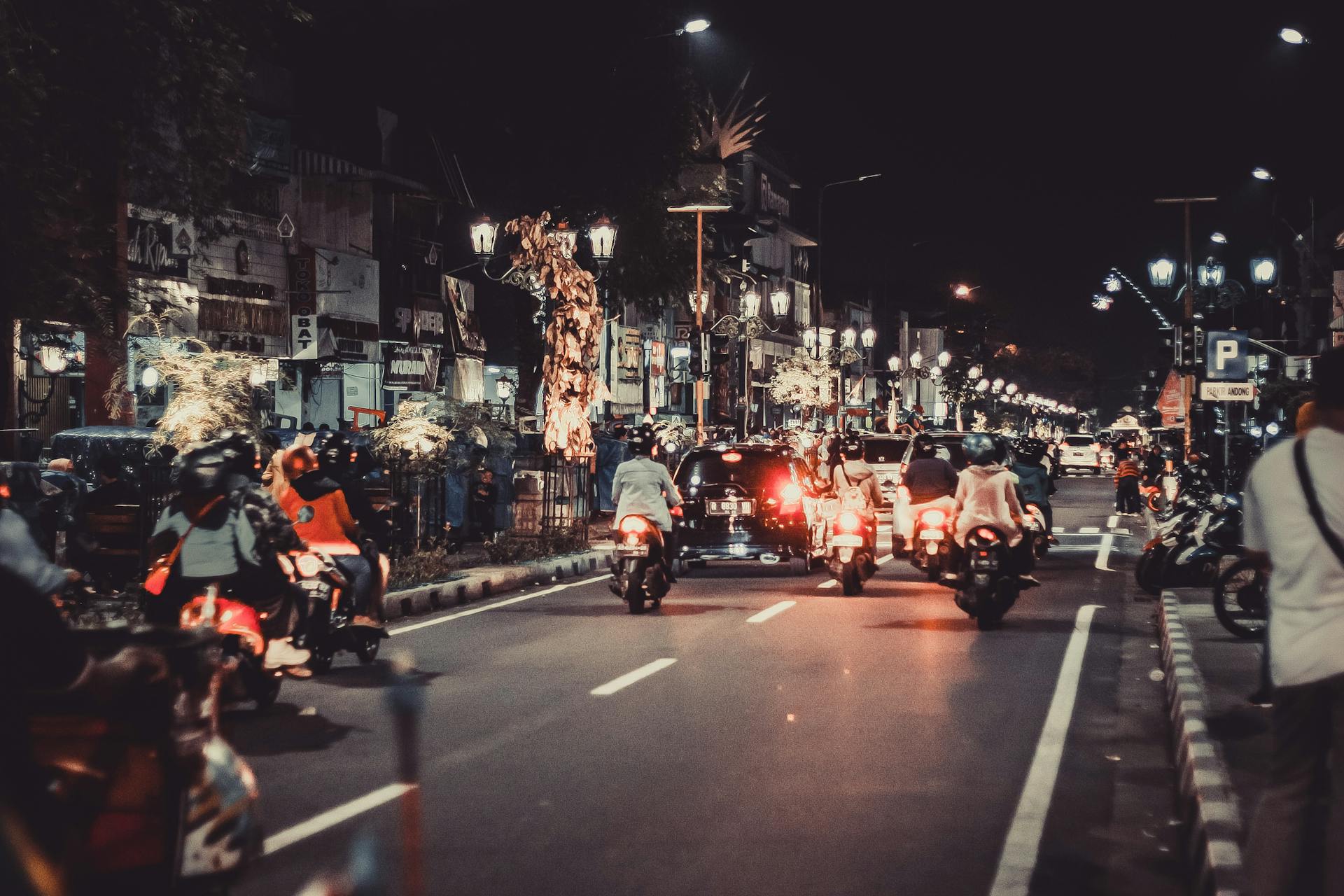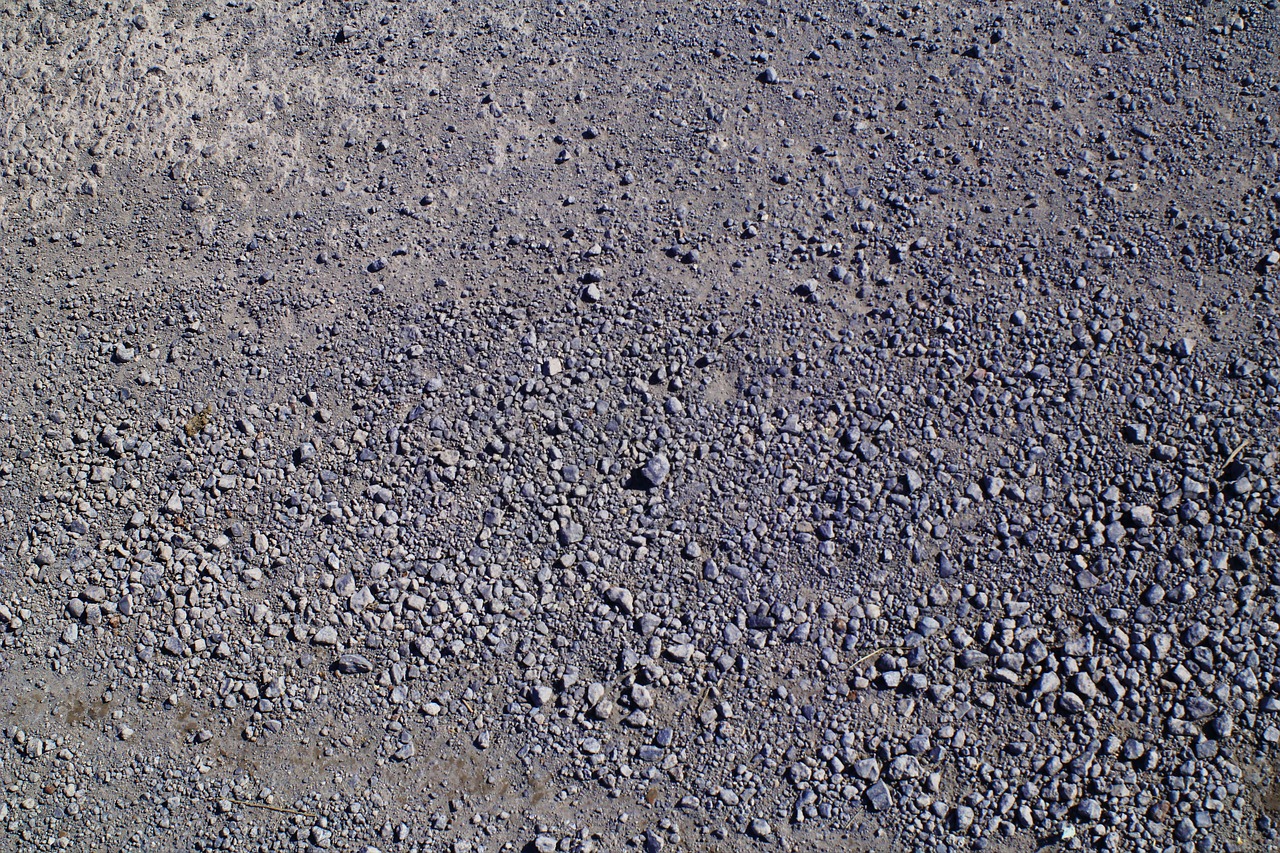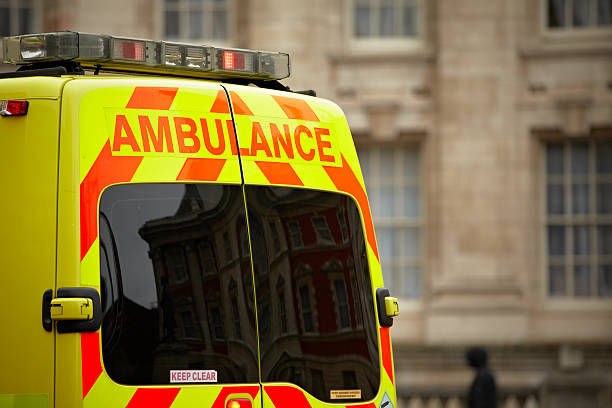Motorcycle Filtering and Junctions Claims Solicitors
Motorbikes are dramatically outnumbered by cars on the road, but of all of the accidents at junctions, a massive 34% involved bikes. Despite this, filtering and junction accidents are widely misunderstood by non-specialist solicitors.
Because of the complex liability disputes which can arise in filtering and junction cases, proven expertise is more important than ever. At Bikelawyer, our filtering and junctions claims solicitors have the specialist know how and experience in motorcycle accident claims to ensure we get you the maximum possible compensation.
FAQ's
Is filtering legal?
Yes, though with very significant caveats. Broadly, you are allowed to filter through traffic as long as it’s safe to do so, and the filtering itself is done in a safe manner.
What is the legal definition of filtering?
As amazing as it may sound considering that filtering is mentioned in the Highway Code and that failing to filter when appropriate can be a test fail, there is no hard and fast rule in law as to what is considered filtering and what is under-or overtaking.
I was filtering, can I be charged for undertaking?
Often when they’ve been hurt after they’ve been knocked off by an inattentive driver, riders then find out that they are the one being charged with careless or dangerous riding.
Whether or not you are going to be charged is often down to the level of knowledge of the individual police officer and the courts tend to have an equally inconsistent approach. Generally, as long as you filter slowly and carefully you should be ok.
How fast should I filter?
If the vehicles you are passing are stationary then you will generally be considered to be filtering if you keep your speed below 15mph. if you’re going much faster than that and you have an accident, even if someone pulls out into your path then it is likely that your speed will be considered a factor.
Filtering past crawling traffic is very much a grey area and if traffic is traveling much beyond walking pace then there is a good chance that you will be considered to be overtaking.
When is it “safe” to filter in law?
To avoid all liability following an accident, the court thinks you should only filter when you can see the path is clear and that you should be able to stop within your own line of sight. Filtering past junctions or even open entrances is considered an inherently dangerous manoeuvre by the courts and as such when approaching any gap in the traffic which a vehicle could conceivably pass through you should stop or slow down to the point that you can confirm that nothing is going to emerge before continuing past.
Is nose poking at a junction legal?
It’s generally illegal to force your way into traffic. The court expects people to wait at a junction until it’s safe to enter the main road and that includes checking to make sure a biker isn’t filtering or overtaking. In very specific circumstances the courts have found that it can be legal though that’s only if there was no other way of emerging from a junction because sightlines were blocked, and that waiting longer wasn’t going to change that.
Isn’t there filtering caselaw?
When advising clients, non-specialist firms point them in the direction of whatever caselaw they think reinforces their point. The most common ones are:
Powell v Moody (1966) – 80/20 against the biker
Farley v Buckley (2007) – biker lost in full
Woodham v Turner (2011) – 70/30 in favour of the biker
Davis v Schrogin (2007) – biker won in full
Sadly, this almost always misses the point. Those cases turned on their own very specific facts and yours will too. Give our experience filtering and junction claims solicitors a call and we can give you advice on your accident!
Will I win my filtering claim?
This will come down to the facts but the court will generally take the following approach. Were both parties entitled to try the manoeuvre that they did? If yes, did the parties do everything they could to reduce the risk to other road users? If not, who was at fault, and to what degree?
How can I prove my case?
Filtering and junction cases require very technical evidence. They more often than not come down to working out sightlines and closing speeds. This requires the use of expert forensic collision investigators. At Bikelawyer we know that a good expert can make all the difference so we use the ones that train the police investigators.










